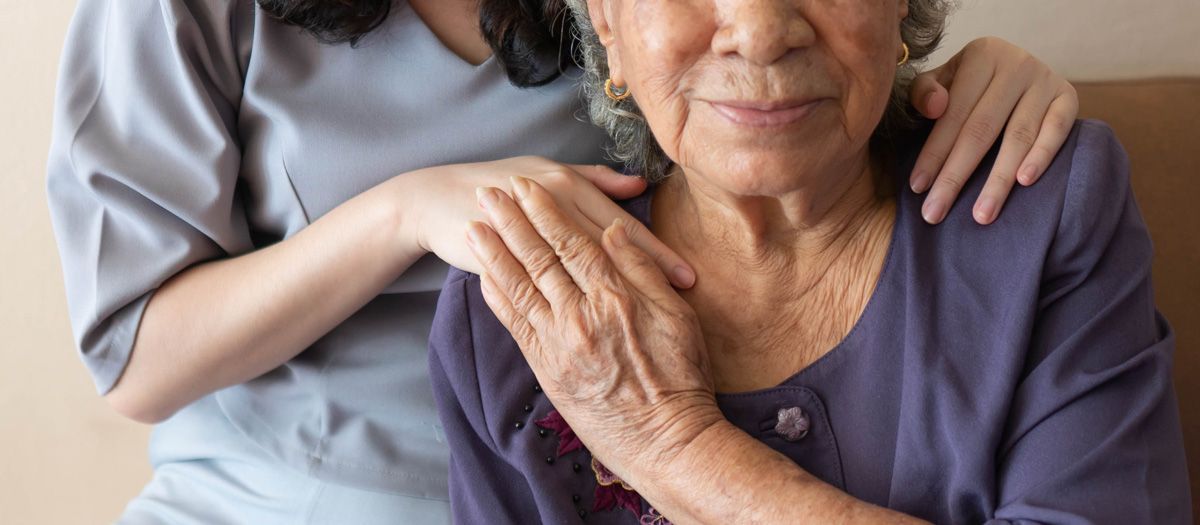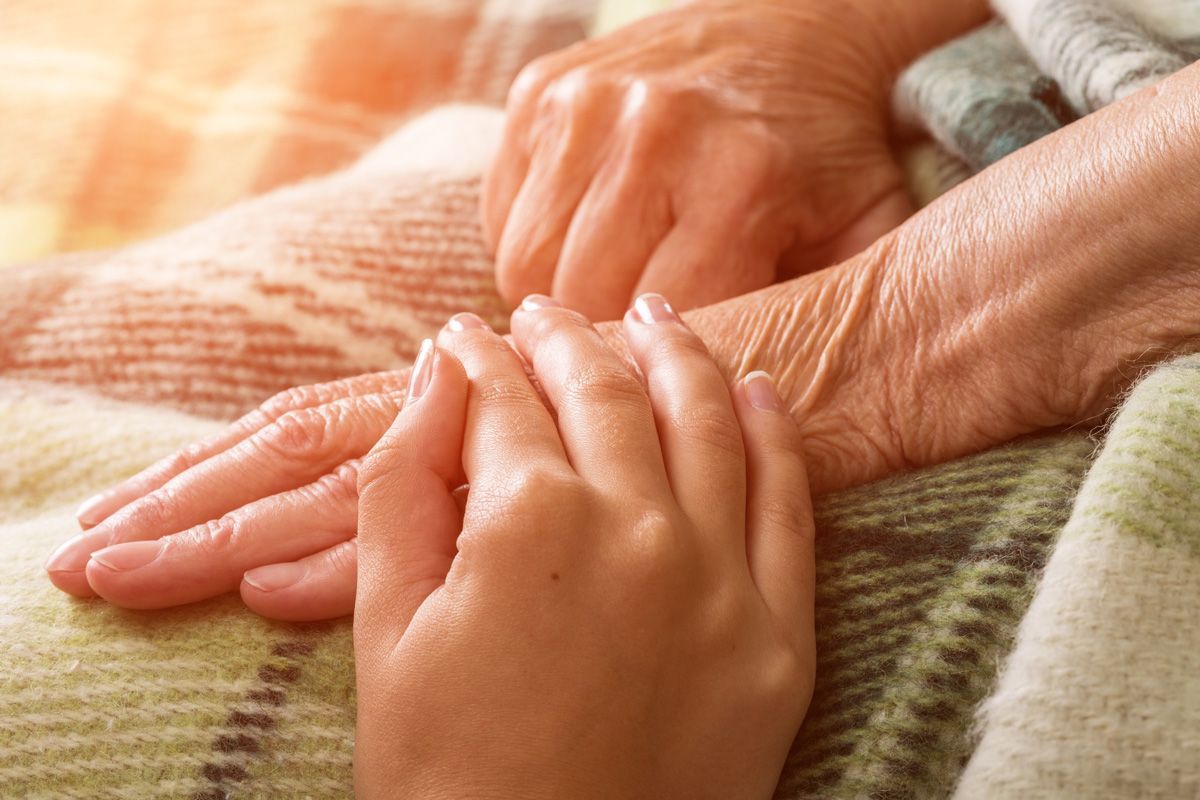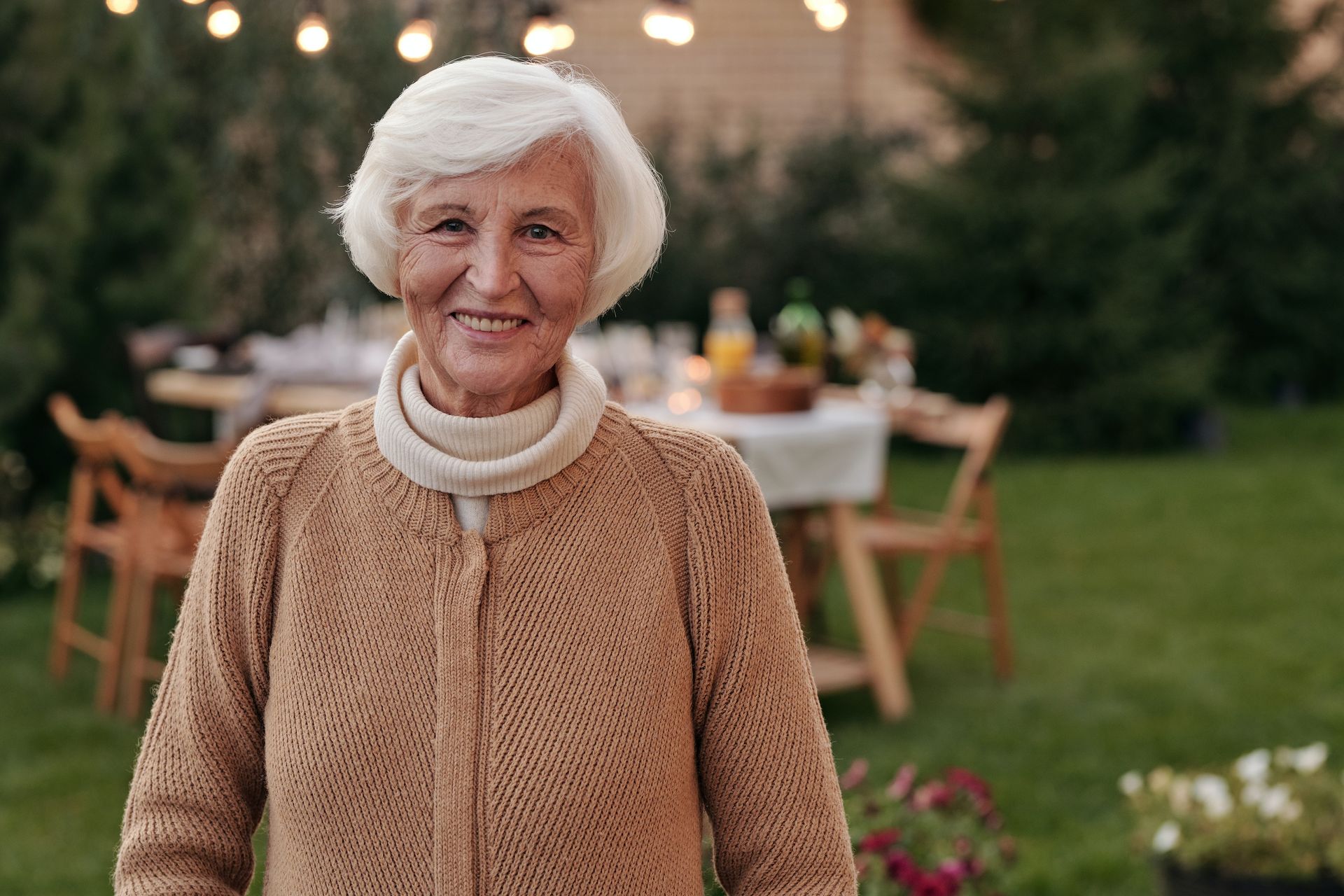Southwest Regional Hospice & Palliative Care Symposium
8 Steps a Caregiver Can Take Post Diagnosis
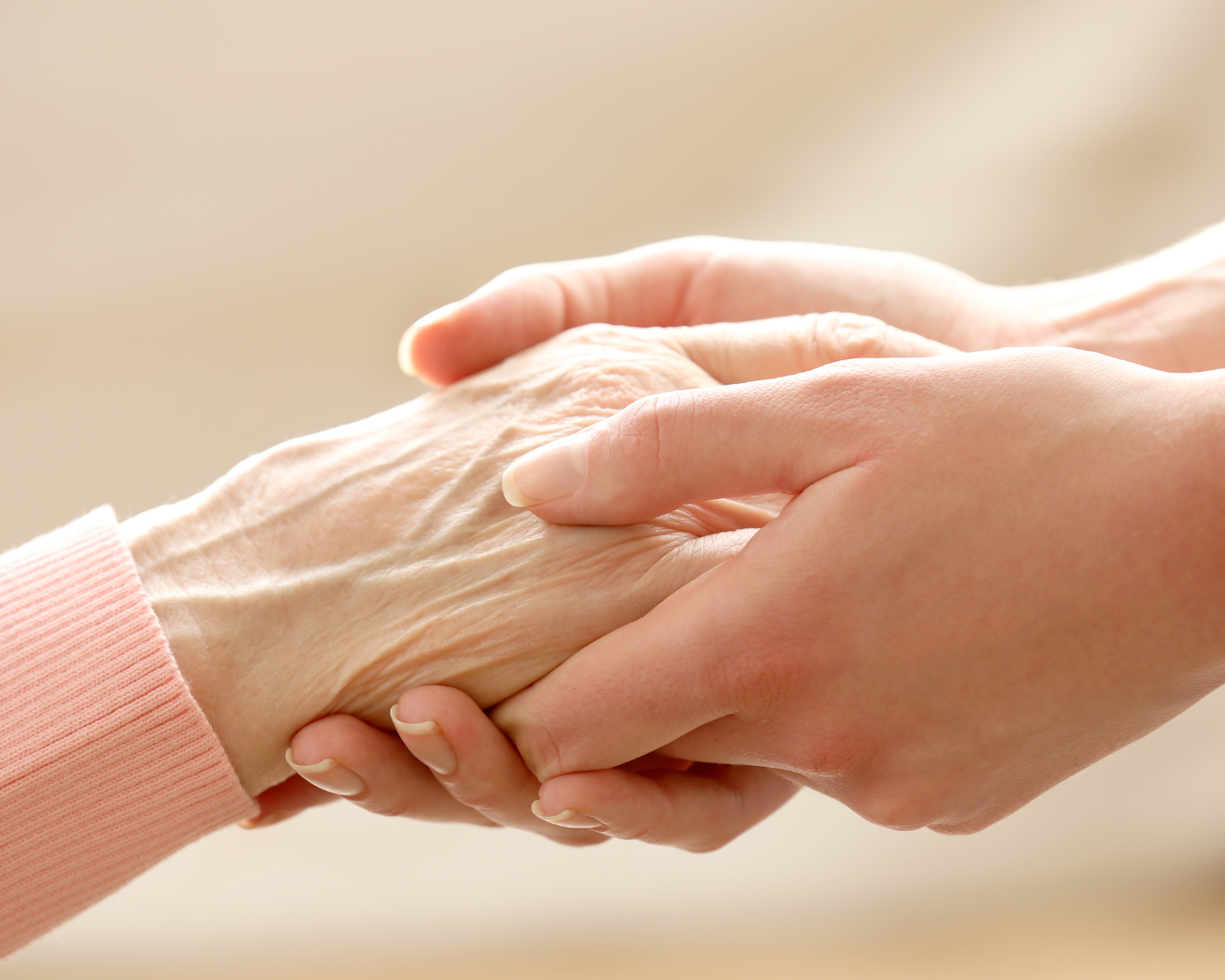
Hospice El Paso has worked with many caregivers who are tasked with caring for a loved one who has been diagnosed with Parkinson's disease. This diagnosis can be overwhelming and frightening, but there are steps that a caregiver can take to help their loved one manage their symptoms and maintain their quality of life.
- Learn as much as you can about Parkinson's disease: It is important for caregivers to educate themselves about Parkinson's disease, including its symptoms, progression, and treatment options. Understanding the disease can help caregivers anticipate the challenges that their loved one may face and provide them with the necessary support. We recommend visiting https://www.parkinson.org/parkinsons-awareness-month to learn more about the symptoms, diagnosis, and treatment plans.
- Build a care team: Caregiving can be a challenging and exhausting task, and caregivers should not try to manage everything on their own. Building a care team that includes family members, friends, healthcare professionals like Hospice El Paso, and community resources can provide a support network for both the caregiver and their loved one. You can contact our care team directly at https://www.hospiceelpaso.org.
- Develop a care plan: A care plan can help caregivers ensure that their loved one's needs are met and that their care is consistent. The plan should include a schedule for medication, appointments with healthcare providers, and daily activities.
- Prioritize safety: Parkinson's disease can cause mobility issues, balance problems, and cognitive impairment, making it important for caregivers to prioritize safety. This can include modifying the home environment to reduce the risk of falls, ensuring that their loved one's medications are managed properly, and staying alert for changes in their loved one's condition.
- Encourage physical activity: Exercise can help manage the symptoms of Parkinson's disease, including tremors, stiffness, and slowness of movement. Caregivers should encourage their loved one to engage in physical activity that is safe and appropriate for their level of ability.
- Address emotional well-being: Parkinson's disease can cause depression, anxiety, and social isolation, which can take a toll on emotional well-being. Caregivers should ensure that their loved one has access to mental health support and social opportunities.
- Stay connected with healthcare providers: Parkinson's disease is a progressive condition, and staying connected with healthcare providers can help caregivers anticipate changes in their loved one's condition and adjust their care plan accordingly. Caregivers should attend appointments with their loved one and communicate any concerns they have with the healthcare team.
- Take care of yourself: Caregiving can be emotionally and physically demanding, and caregivers should take care of themselves to avoid burnout. This can include taking breaks when needed, seeking support from others, and engaging in self-care activities.
In conclusion, a diagnosis of Parkinson's disease can be overwhelming for both the person with the disease and their caregiver. However, by taking steps to educate themselves, building a care team, prioritizing safety, encouraging physical activity, addressing emotional well-being, staying connected with healthcare providers, and taking care of themselves, caregivers can help their loved one manage their symptoms and maintain their quality of life.
As El Paso’s leading Hospice Care Provider, we have seen firsthand the impact that caregivers can have on the well-being of their loved ones, and we encourage all caregivers to take these steps to support their loved one with Parkinson's disease. Please contact our team by visiting https://www.hospiceelpaso.org.
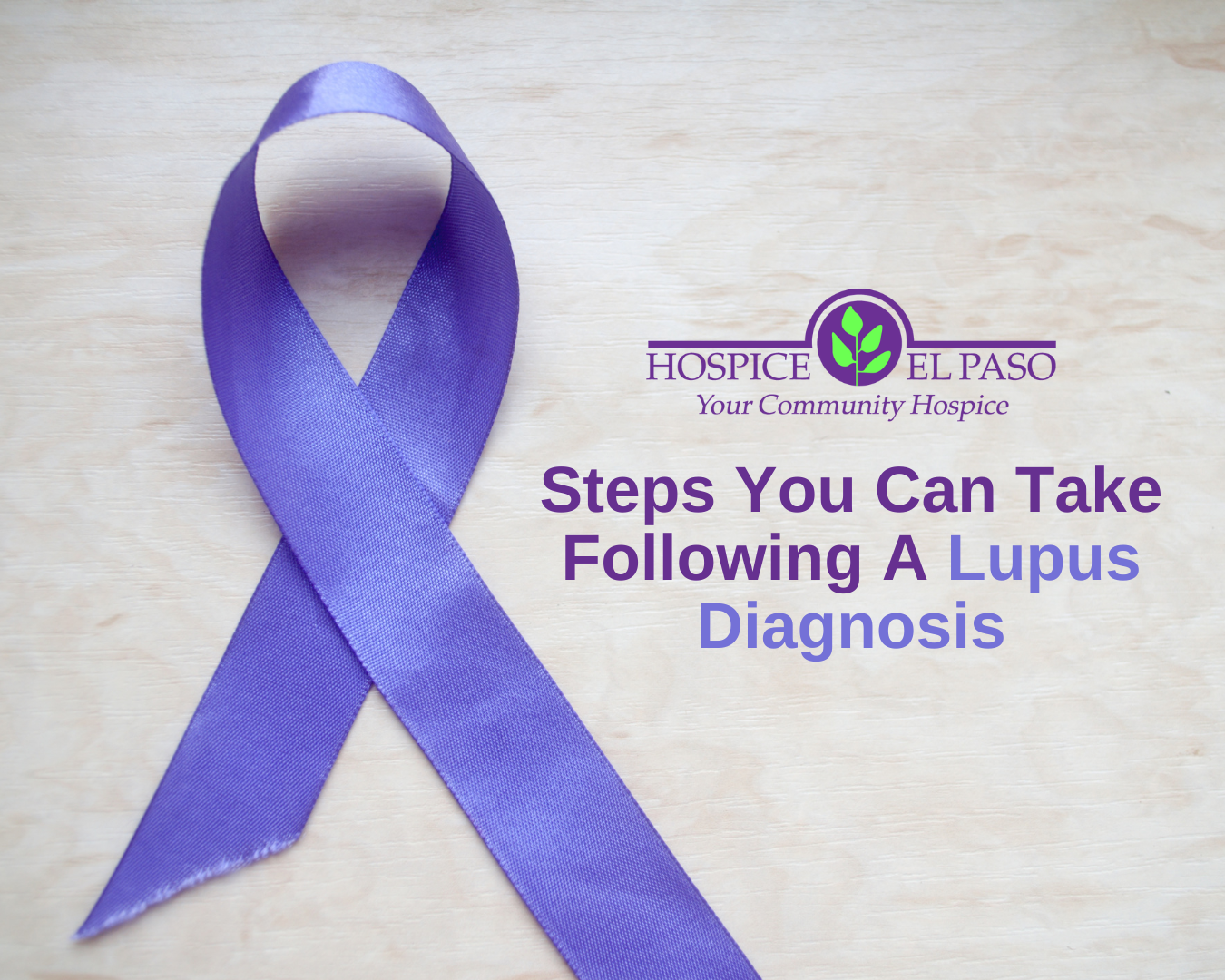
OUR SERVICES
OUR ORGANIZATION
Hospice El Paso is a recognized 501(c)3 charitable organization
Hospice El Paso is a recognized 501(c)3 charitable organization |
Copyright © 1982-2023 Hospice El Paso, All Rights Reserved
Copyright © 1982-2024 Hospice El Paso, All Rights Reserved |







